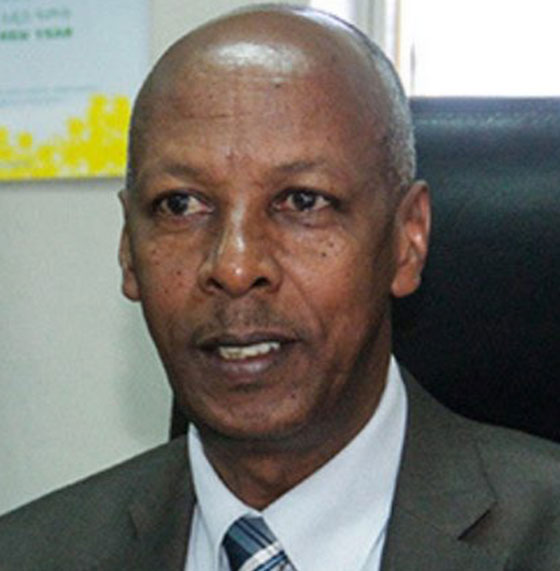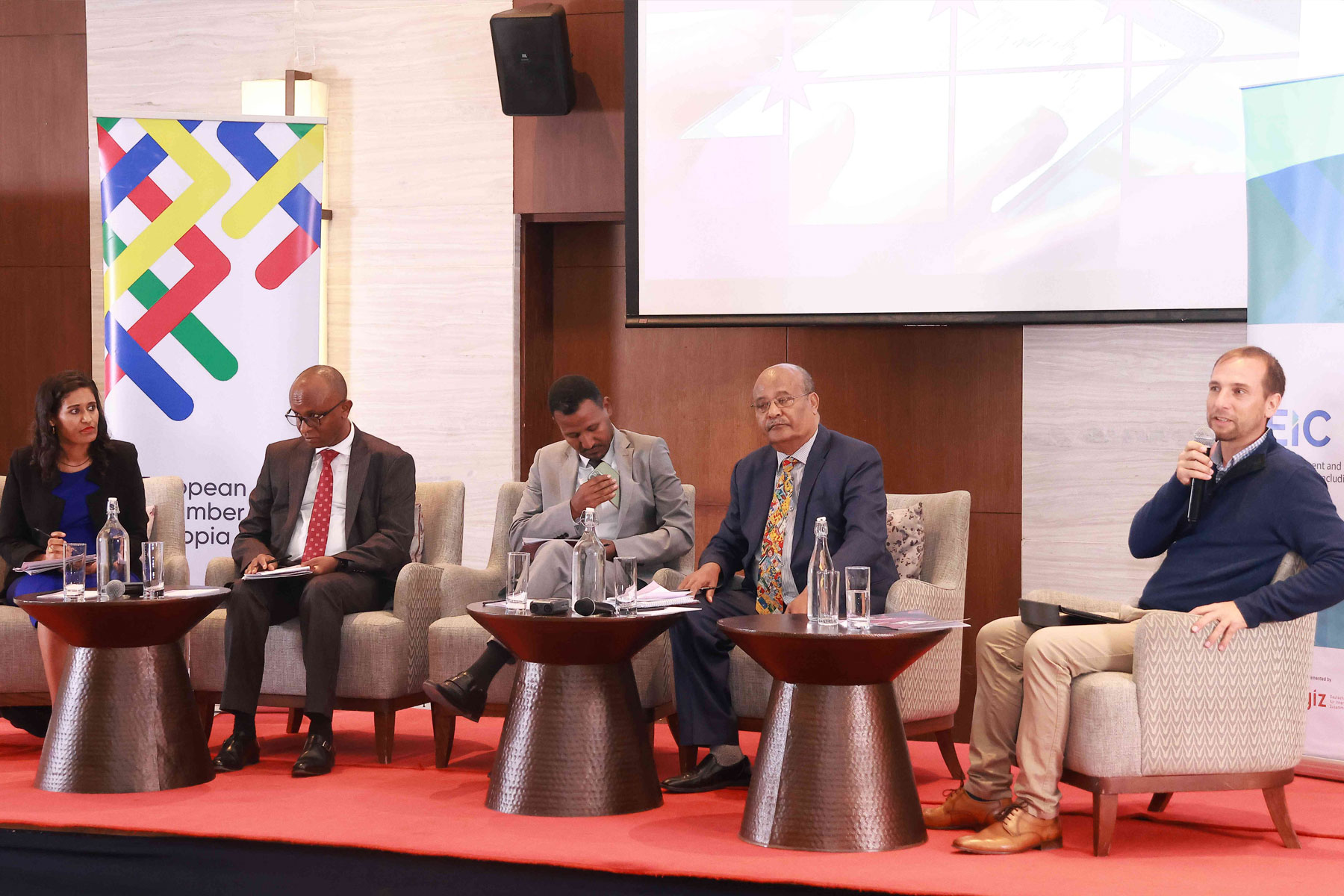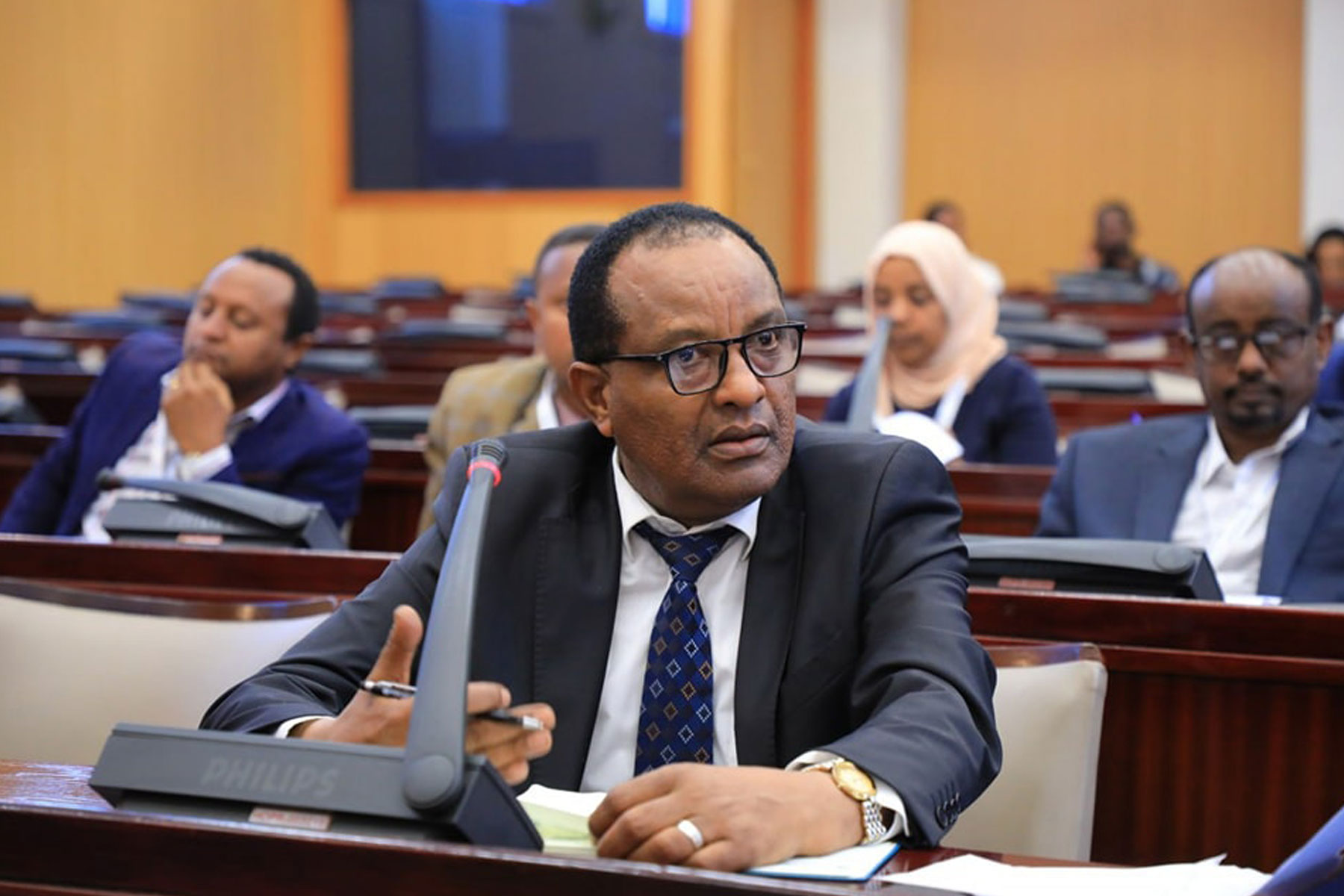
Radar | Aug 01,2020
Jul 22 , 2023
By Solomon Debebe
The sweeping optimism and ardent hopes that permeated Ethiopia four years ago have dwindled into disillusionment, with promises made to the country's youth remaining unfulfilled. While leaders once vowed to bolster the country's prosperity and deliver a hopeful future, the reality remains one of stark contrast.
Four years ago, several Ethiopians were abuzz with the anticipation of change. The youth yearned for an overhaul of policies that would elevate their living conditions, invigorate their hopes, and economically empower them.
The common belief was that any attempt to advocate for this much-needed policy shift was not only noble but also worthwhile, even if met with fierce criticism or pushback from those at the helm of the state at the time.
This anticipation reached a fever pitch when Ethiopia's incumbent Prime Minister took office; his speeches resounded with promises of nationwide growth, development, and progress. He was welcomed with enthusiasm and high expectations from Gondar to Mekelle and Hawassa to Jimma. His assurances also captivated international audiences when he travelled to the United States, Germany, and Dubai, among other locations.
However, the civil war and the worldwide havoc wreaked by COVID-19 began to reshape the trajectory of his promises. The distribution of coveted properties in Addis Abeba and prime green areas in numerous villages skewed towards the privileged few.
These actions hinted at an abdication of the principles of fairness and justice, as his administration seemed to prioritise favouritism over youth development, a course that has been widely criticised as being premature and myopic.
Ethiopia's youth, a segment of society known for their discipline and piety, continue languishing in limbo. Their patience with the Prime Minister's ambitious promises has now stretched over. Instead of formulating and implementing detailed policy frameworks that might uplift them, the administration seems more focused on mobilising them to battle the pervasive conflicts threatening the country's stability.
The failure to deliver on earlier promises has led to an alarming sense of despair among the youth.
In a poignant testament to this, some youths were seen volunteering to participate in the Russia-Ukraine war instead of pursuing their studies in Ethiopia's universities. This seemingly inexplicable choice starkly highlights the sense of hopelessness that has engulfed a generation that was once teeming with dreams and aspirations.
The administration's belated response to conflict-related crises, coupled with its sluggishness in addressing the country's strategic priorities, has exacerbated the situation. While the Prime Minister's tree-planting initiatives might symbolise growth and renewal, they are hardly the panacea for the monumental challenges that Ethiopia currently faces.
Recently, the grim reality of the employment landscape for the youth was underscored during a parliamentary discussion. A Finance Minister's declaration that the public service would have no new job opportunities for fresh graduates sent shockwaves.
Contrasting Ethiopia's seemingly stagnant situation with the proactive measures being undertaken by other countries brings the problem into sharper zoom.
Post-COVID-19 China, despite grappling with its youth unemployment crisis, has outlined ambitious plans prioritising youth employment. Similarly, Eastern Cape Premier in South Africa, Oscar Mabuyane, has urged departments to favour young job seekers and bolster their representation in public sector roles.
Governments are acknowledging the importance of equipping the younger generation to meet the challenges of the 21st Century. An exemplar of this is former U.S. President Barack Obama, who signed laws to foster innovation and creativity in the public sector.
Such strategic decisions aim to draw fresh talent into roles that will shape the future of a nation.
Ethiopia's leaders have to reconsider the current path. Policymakers should proactively create adequately funded internships that provide a platform for youthful engagement and contribution to national development.
It is crucial to design national-level policy options that promote productive livelihoods for the youth, thus helping transform the country before it is too late. In the end, it is the youth who are its future.
Acknowledging their importance today is key to ensuring a prosperous Ethiopia tomorrow. Ignoring their potential could result in a national loss, for a country that fails to invest in its youth is one that gambles with its future.
PUBLISHED ON
Jul 22,2023 [ VOL
24 , NO
1212]


Radar | Aug 01,2020

Sunday with Eden | Sep 04,2021


View From Arada | Jul 20,2019

Viewpoints | Dec 05,2018

Sunday with Eden | Apr 06,2019

Radar | Aug 21,2021

Sponsored Contents | Mar 03,2022

Life Matters | Mar 06,2021

Commentaries | Jul 17,2022

Photo Gallery | 96964 Views | May 06,2019

Photo Gallery | 89183 Views | Apr 26,2019

My Opinion | 67240 Views | Aug 14,2021

Commentaries | 65784 Views | Oct 02,2021

Feb 24 , 2024 . By MUNIR SHEMSU
Abel Yeshitila, a real estate developer with a 12-year track record, finds himself unable to sell homes in his latest venture. Despite slash...

Feb 10 , 2024 . By MUNIR SHEMSU
In his last week's address to Parliament, Prime Minister Abiy Ahmed (PhD) painted a picture of an economy...

Jan 7 , 2024
In the realm of international finance and diplomacy, few cities hold the distinction that Addis Abeba doe...

Sep 30 , 2023 . By AKSAH ITALO
On a chilly morning outside Ke'Geberew Market, Yeshi Chane, a 35-year-old mother cradling her seven-month-old baby, stands amidst the throng...

Apr 27 , 2024
The Prosperity Party (PP) - Prosperitians - is charting a course through treacherous...

Apr 20 , 2024
In a departure from its traditionally opaque practices, the National Bank of Ethiopia...

Apr 13 , 2024
In the hushed corridors of the legislative house on Lorenzo Te'azaz Road (Arat Kilo)...

Apr 6 , 2024
In a rather unsettling turn of events, the state-owned Commercial Bank of Ethiopia (C...

Apr 28 , 2024
A dire situation unfolds across public universities, where students face the harsh re...

Apr 28 , 2024 . By MUNIR SHEMSU
A European business lobby in Ethiopia issued a scathing review of the tax system last...

Apr 28 , 2024
The Federal Supreme Court has recently ruled in the prolonged commercial dispute surr...

Apr 28 , 2024 . By MUNIR SHEMSU
Transport authorities placed blame on driving schools and vehicle inspection centres...